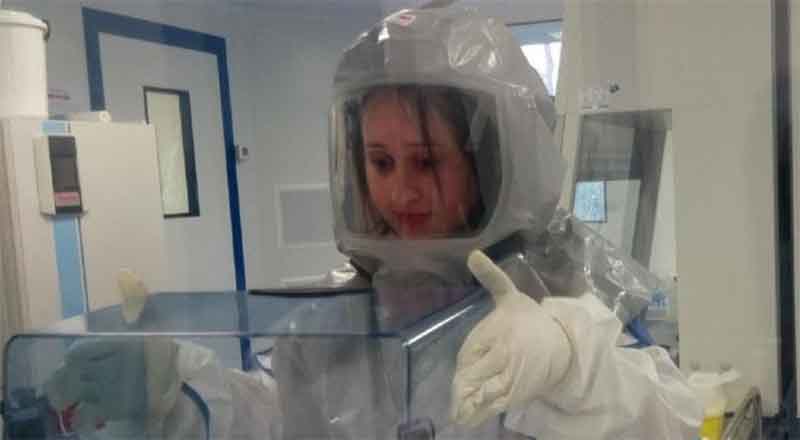North Africa is the most affected by the novel coronavirus disease (COVID-19) pandemic across the continent, with more than half of Africa’s number of reported cases and deaths recorded from this region.as per Downs to earth.
Approximately 299 deaths — or 68 per cent of all deaths in Africa — were reported in six countries of the region, with the number of cases rising sharply to 4,204.
A total of 9,450 cases were reported from 52 of 54 African countries or 96 per cent of the entire continent, according to data from the World Health Organization (WHO).
Comoros and Lesotho were the only two countries that have not reported any cases so far.
The cumulative fatality rate of the disease in the continent, at 7.3 per cent, was also much higher than the global average of 3.4 per cent, according to the Africa Centre for Disease Control and Prevention.
Algeria most affected
Algeria was the most affected country in the region with approximately 1,423 cases as of April 6, 2020. The country also reported the maximum number of deaths, at 173, across the continent.
Around 45 of the country’s provinces were affected by COVID-19, according to Djamel Fourar, spokesman of the country’s scientific committee in charge of monitoring the spread of the virus.
Measures taken
Algeria has realised the need to escalate testing, isolation and contact tracing, as recommended by the WHO.
President Abdelmadjid Tebboune allocated $100 million for importing pharmaceutical products, personal protective equipment and chemical analysis equipment, as part of measures to prevent the spread of the virus.
Only one laboratory, the Institut Pasteur Algeria (IPA), based out of capital Algiers, is testing samples from across the country.
Algeria has, thus, not been able to conduct a sufficient number of screenings and tests.
|
Number of cases reported daily in Algeria
Source: World Health Organization |
The country, however, is making efforts to increase the number of referral laboratories by identifying four more that could take up testing under the IPA lab, Fawzi Derrar, the IPA’s acting director, was quoted as saying in a news report.
The IPA also invited biological analysis laboratories to get involved in screening for the virus on April 1 to meet the demand for more tests.
The management of the IPA decided to authorise private analysis firms to carry out, on medical prescription, tests on people suspected of being infected by the virus (SARS-CoV-2).
The number of cases of people infected by COVID-19, thus, are likely to be higher. Algeria may soon replace South Africa as the country that is most affected by COVID-19 in the continent.
Exponential growth in confirmed cases
The Algerian government had earlier taken measures to ensure social distancing, including banning large-scale public gatherings and a closure of schools and other educational institutions.
A curfew was also declared on March 23 from 7 am to 7 pm.
The country, however, saw an exponential growth in the number of cases between March 19 and April 3. The number of cases reported per day increased from 10 cases per day to 139 cases per day, on April 2, according to the WHO.
The Algerian government, thus, declared a nationwide lockdown on April 5 that will continue till April 19.





